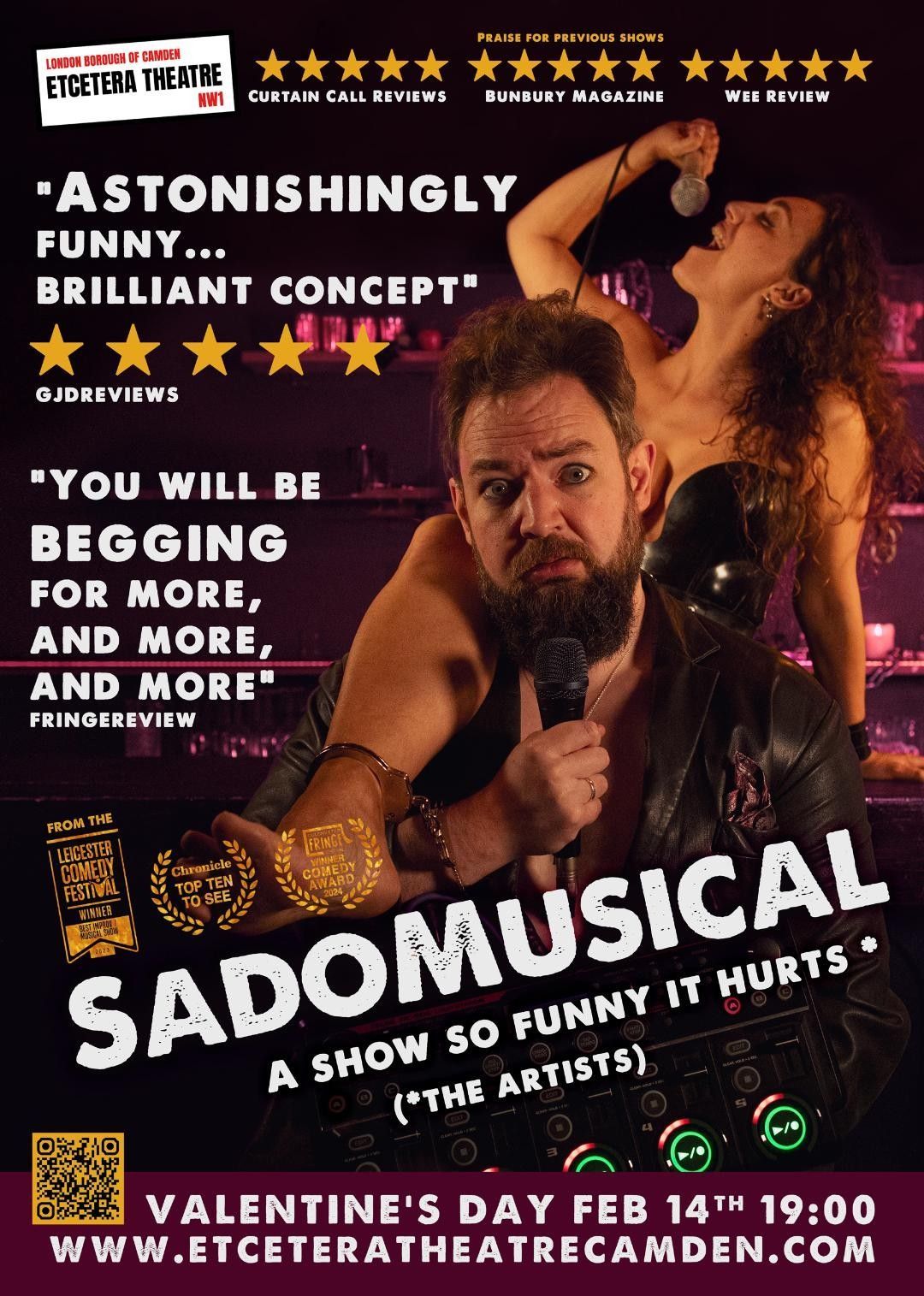REVIEW: THE VALENTINE LETTERS by Steve Darlow at Brockley Jack Studio Theatre until 22 June 2024

“A heart-warming story that reminds us it’s love not hate that endures.” ★★★
With the recent anniversary of the Normandy D-Day Landings and the dwindling number of veterans who fought for Britain, images, and thoughts of World War Two are fresh in our minds. When juxtaposed against the daily news of existing wars, near and far, we are grimly reminded of how little has been learnt and how war continues to impact on ordinary people.
The Valentine Letters, fresh from World War Two is based on the book Gerprüft (2018) by Frances Zagni. This period drama is based on the letters exchanged between Ursula and John Valentine, a newly married, British couple during the second world war. The l529 letters and telegrams equalling 400,000 words were excavated by their daughter Frances who condensed them into a 90,000-word book. Now, these have been dramatized into a play of 2 hours (with a 15-minute interval) that explores separation, loneliness, love, and loss.
To the sound of a Glenn Miller soundtrack, we see black and white photographs of a good-looking couple in the prime of their lives. Together; separate; she with baby; he in uniform. The stage, divided in two, presents a domestic scene on one side; a kitchen table, some utensils, and a military camp setting on the other: crates, a tin cup, field lamp. We meet Ursula Valentine, the young wife and mother and her husband and father of their new baby, John Valentine who serves in the RAF. Between them, narrator Frances, who initially greets us with a bin bag of letters. She is centre stage throughout, filling in the gaps, joining the dots with historical footnotes or points of interest.
The play takes a linear and chronological journey through the letters which bring to life a relationship that endured the war. The separation from each other and a new child; the tribulations of both domestic and camp life, the drama of John going missing after a bombing mission and ending up in a German prisoner of war camp. At this point, the letters continue with less frequency on account of the Germans often holding back letters as punishments or using them as bribes. As well as letters, there are many parcels of brown paper tied with string from Ursula to John bearing “newly toed” socks, bars of soap and figs.
The most effective uses of time are when action is happening concurrently, rather than the slow motion ping pong of word and action that passes back and forth throughout most of the play. The 1940s is recreated evocatively through music, costume and the language of the letter writing, which is articulate, formal, and very English. John and Ursula were a middle class, educated couple and the accents, straight from Brief Encounter are clipped and proper almost to the point of parody.
While there are expanses of time when not much happens, certain images jump out. Ursula: brisk, capable, and efficient, vividly captured by Katie Hamilton, describes putting a gas mask on baby Frances, a process that becomes more challenging as the baby becomes a toddler and the war drags on. John, fastidious by nature, who likes control and order, finds the mess of camp life difficult and depressing: “mean, sordid, humdrum, unlovely.” He starts to learn how to play the violin but must find secret places to practice: the incinerator, the latrine, the potato cellar.
The frightfully British veneer deflects as much as it reveals. The politeness, class and manners are as much as protecting each other from the 'whole' truth, alongside sharing news, views and feelings (never given too much free reign.) The horrors and anxieties of war are not mentioned or underplayed; the letters are as much about giving each other strength and finding solace. These communications were almost certainly being read and vetted by the captors, so words had to be guarded to a degree.
While the writing cannot fail to come alive with two compelling central performances, the use of an onstage, static narrator is arguably an intrusive addition. Nonetheless, this is a moving story of ordinary people trying to live their lives through the trauma of war and a heart-warming story that reminds us, it's love, not hate that endures.
Photography: Sean Strange
The Valentine Letters by Steve Darlow
based on the book Geprüft by Frances Zagni
directed by Jo Emery
produced by Fighting High Productions
at Jack Studio Theatre until 22 June
Box Office https://brockleyjack.co.uk/jackstudio-entry/the-valentine-letters/
Reviewed by Nilgin Yusuf






